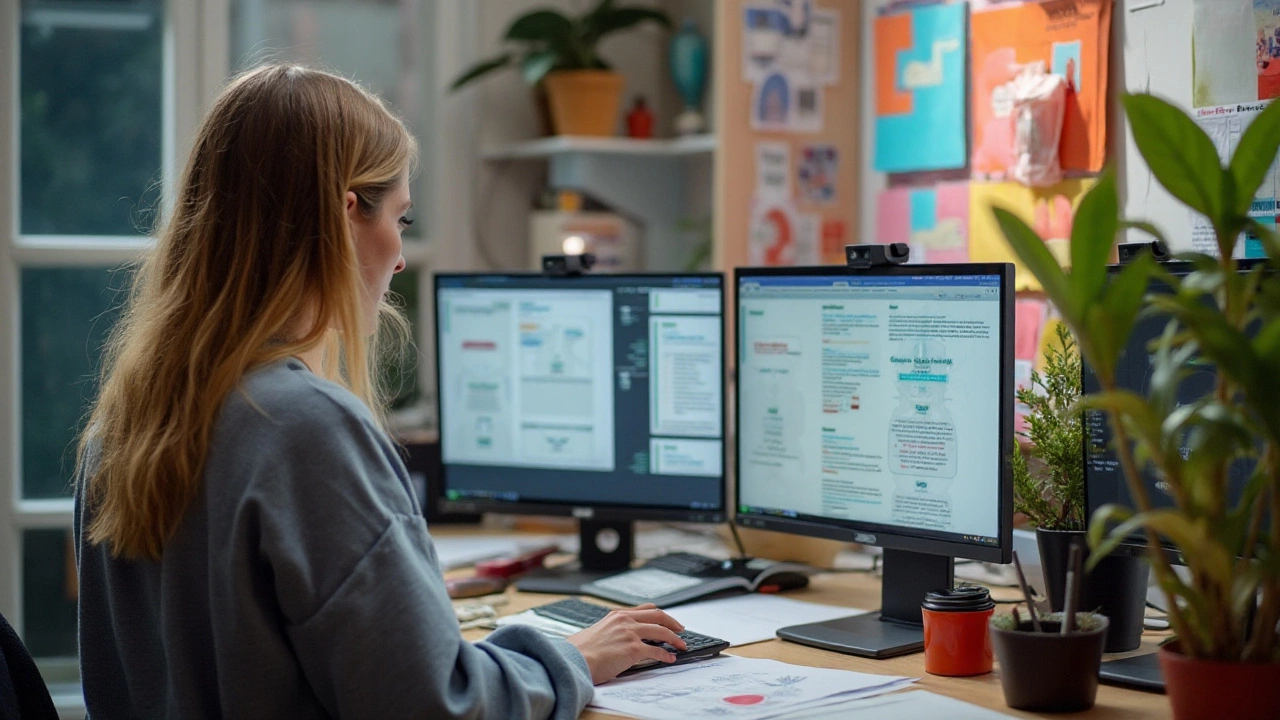Legal Guidelines Every Artist Should Know
Running an art career means juggling creativity and the law. You don’t need a law degree to stay out of trouble – just a few solid habits. Below you’ll get the basics on three hot topics: downloading music legally, using Canva graphics, and protecting your own artwork.
Downloading Music the Right Way
Music fuels studio vibes, but grabbing tracks from shady sites can land you in hot water. Look for platforms that either offer royalty‑free tracks or have clear licensing. Sites like FreeMusicArchive, Jamendo, and the YouTube Audio Library let you download songs for free as long as you follow their attribution rules. Always read the license – some tracks let you use them commercially, others are for personal projects only. When in doubt, stick to platforms that spell out "commercial use allowed" in plain English.
If you ever need a specific song that isn’t free, consider buying a license from services like Artlist or Epidemic Sound. A small fee protects you from lawsuits and keeps creators paid. Remember, it’s better to spend a few bucks than face a copyright claim that could cost you thousands.
Canva: What’s Free and What’s Not?
Canva is a lifesaver for quick social posts, flyers, and mock‑ups, but not every element is free to use. The platform labels assets with a "Free" badge or a "Pro" badge. Only the free‑marked graphics can be used without paying extra, even if you have a free Canva account.
When you upgrade to Canva Pro, you gain access to a larger library, but the licensing still matters. Pro assets are covered for commercial use, but you can’t resell them as standalone designs. For example, you can put a Pro illustration on a poster you sell, but you can’t download the illustration and sell it as a clip art file.
To stay safe, always double‑check the license pop‑up before you hit download. If you’re unsure, replace the asset with something that’s clearly free or create your own version. It takes a minute, but it saves you headaches later.
Beyond music and Canva, protecting your own artwork is crucial. Registering your pieces with the UK Intellectual Property Office gives you a legal record of ownership. Even if you don’t register, copyright exists the moment you create something original, but registration makes enforcement easier.
When sharing work online, add a simple watermark and include a copyright notice – for example, "© Your Name 2025 – All Rights Reserved." This signals that the work is protected and deters casual thieves. If you find your art being used without permission, a polite DM asking for credit or a removal can work. If the issue persists, a formal cease‑and‑desist letter may be necessary.
Bottom line: Treat legal checks like a part of your creative workflow. A quick license read, a watermark, or a short search for royalty‑free music can keep your projects on the right side of the law. Stay creative, stay safe, and keep making great art.

14 Oct 2024
Navigating the legal aspects of selling Canva templates on Etsy can be tricky. This article explores how digital creatives can successfully and legally sell their Canva designs on Etsy. We will dive into Canva's licensing agreements, discuss what types of designs are permissible for sale, and provide tips for sellers to avoid potential legal pitfalls. Understanding these guidelines helps digital artists maximize their creative potential without encountering unnecessary issues.
Continue reading...
